I’ve managed companies in various industries over the years. Switching from the childcare industry to the carpet cleaning industry meant switching from an all-female staff to an all-male staff. What I’ve found is that, whether I’m managing toddlers or 25-year-old men, one thing remains true: As managers, it’s our business to get to know the people working for us.
When I was hiring for the carpet cleaning business, I had big aspirations. I wanted so many things. More importantly, I wanted my hires to want those same things. I wanted people who wanted to grow in a company. I wanted my employees to want a healthy lifestyle.
As I went into finding and hiring employees with my own agenda in mind, what I didn’t realize at the time was that my wants for the people I hired did not align with what they actually wanted—or even needed. I wanted them to prioritize healthy living and hygiene. They were just trying to make rent. They would charge their phones at work because they were living out of garages.
Then something amazing happened: one of my employees was honest with me. “I want to see what you see,” he said to me, “and I want to understand how you got there. But I don’t have food.”
I was so out of touch, looking down from my managerial pulpit. When I look back on it, I was like a missionary throwing my Bible at starving people. Not my proudest moment, but certainly a humbling one.
Suddenly I became curious about what was important to my employees. So I ran a test. I’m a big believer in competition as a motivator, especially for men in their twenties. So I devised this competition where whoever could keep their van clean could have their choice of either a $15 Chipotle gift card or twenty dollars cash. Twenty dollars wasn’t enough to pay a bill, but it was enough to buy some instant gratification, like cigarettes or a beer after work.
Surprisingly, I didn’t touch that stack of twenties for three months. Everyone chose the Chipotle gift card. I realized that my employees didn’t trust themselves to spend the cash; they knew the needs that they had, and the Chipotle gift card filled one of those needs while they were at work.
Something else I learned through the process was that most of my employees just needed bank accounts. They were losing huge amounts of their paychecks in order to cash them. So we brought in a bank representative one day and had everyone set up a bank account so we could do direct deposits.
I was trying to attract and keep people with my own dream, but I had to also partner with what mattered to my employees and ask and understand their real needs. We’re asking our employees to show up and leave their bags at the door when sometimes they literally can’t. When our employees show up shitty, it’s our choice to get in the mud with them.
Business owners, you have the opportunity to impact your employees’ entire family, perhaps multiple generations. You could change the trajectory of your employees’ lives. We watched our employees go from renting an apartment to buying a house; get off alcohol; move up in the company; learn how to save money… the list goes on!
More importantly, as our employees bettered their lives, the impact on our clients was astronomical. Clients would send us birthday cards. They would request our employees specifically for their services. Perhaps the most amazing part was that our employees actually became eager to pay it forward and feed into others. There was so much good that came out of me asking better questions instead of looking at our business from an abstract view of “musts” and “shoulds.”
Our employees have the biggest impact on our businesses and we’re mistreating ourselves and our clients because we’re not making time to get to know the people who clock in everyday. Our employees are the most important asset we have. The pandemic has shown us that. Now that restrictions are being lifted, we have employees who are afraid to go back to work. What are we as employers going to do about it?
It is our responsibility as leaders in our economy to make sure our people are taken care of. It’s my philosophy that if you’re going to start a business, you better be ready to take care of your people. If all you’re looking to do is put butts in seats, that’s not what I call leadership; that’s just complacency. I’ve definitely been there, and you only end up getting burned.
To be clear, I don’t believe it’s our job to keep people happy. I believe it’s our job to lead people well by caring about their growth. Happiness is a choice; growth, quite frankly, is not.


